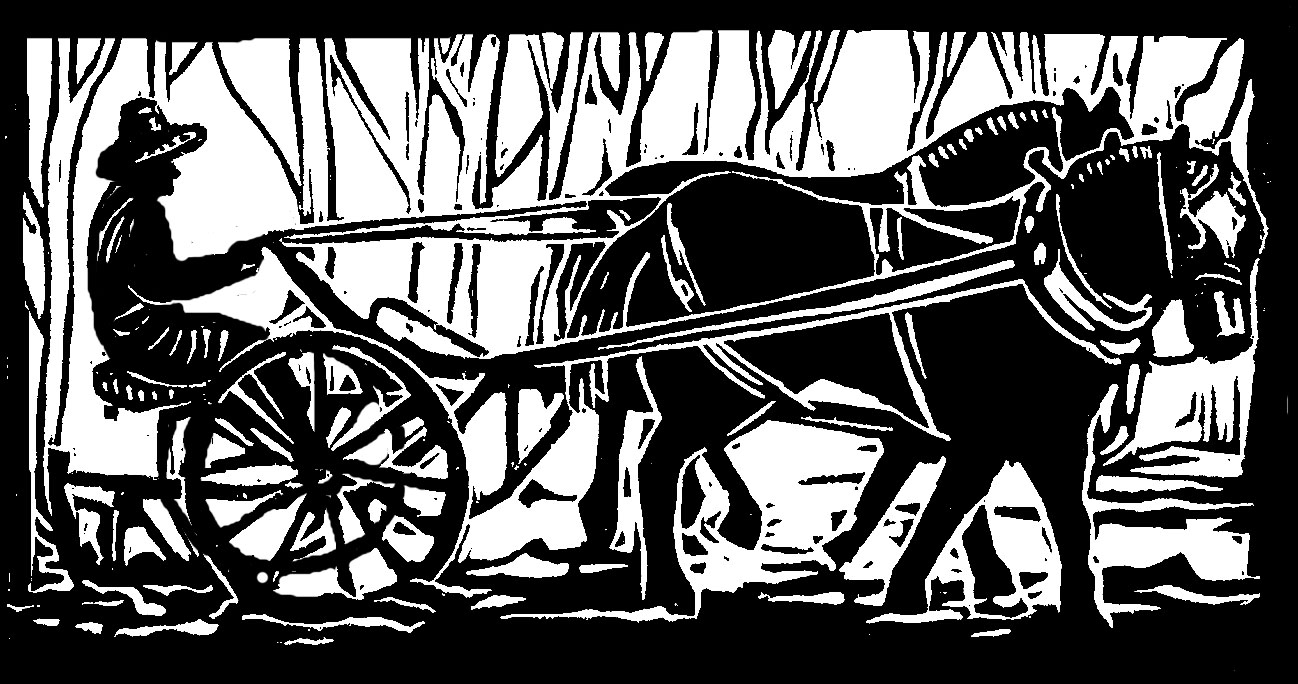What is CSA?
Community Supported Agriculture (CSA) brings community members, farmers, and farmland into a mutually beneficial relationship.
Community members, who purchase a “share” of a full growing season’s produce, know when, where, and how their food is grown. They are assured of high-quality, nutritious produce, grown without chemical fertilizers, pesticides, or herbicides. CSA farmers receive consistent financial support, appreciation, and the satisfaction of a direct connection to the people who eat the produce grown on the farm. Farmland becomes healthier through composting, cover crops, natural fertilizers, and periodic resting, which, in turn, benefit the local air quality and water sources.
Since each CSA farm is independently owned, the CSA model allows for great variety among farms. Joining a CSA farm generally means supporting local farms, small farmers, and the local economy and environment. CSA also eliminates environmental and food quality costs of shipping, marketing, and packaging. Freshly picked, locally grown vegetables still have the flavor, vitamins, and minerals they should have. The CSA farm is also able to grow heirloom or little known varieties of produce, which helps maintain the vitality and diversity of the world’s seed bank.
CSA membership provides an alternative economic, social, and ecological model: a positive choice for farmers, members, and the land alike.



